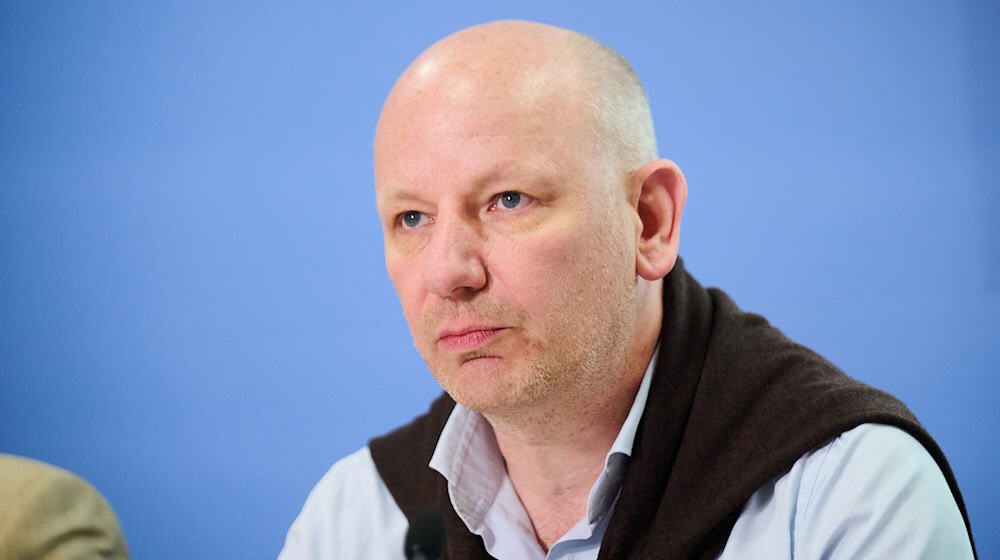The Leipzig-based democracy researcher Oliver Decker suspects that the controversial statement by German Chancellor Friedrich Merz (CDU) on the effects of migration on the cityscape was not a verbal slip, but a deliberate maneuver. "Mr. Merz is deliberately pushing a boundary line," Decker told the German Press Agency. The chancellor does not openly express certain resentments himself, "but he knows that the references will be understood and that he is simultaneously serving the resentments without offending the part of the CDU that does not share them".
The background to this is that the CDU is currently in a dilemma, Decker told dpa. "There are forces within it that are drawn to the AfD and those for whom the AfD program is not compatible with CDU values." Merz is trying to manoeuvre between these poles with his "murmured rather than expressed resentment".
Merz also spoke about repatriations
At a press conference, in response to a question about the rise of the AfD, Merz said, among other things, that previous failures in migration policy were being corrected and progress was being made. "But of course we still have this problem in the cityscape, and that's why the Federal Minister of the Interior is also in the process of facilitating and carrying out repatriations on a very large scale."
On Monday, Merz stood by his stance and said: "Ask your daughters what I might have meant by that. I suspect you'll get a pretty clear and unequivocal answer. I have nothing to take back."
This earned him a lot of criticism - especially from members of the Greens and the Left, but also from the SPD and some CDU politicians. Among other things, he was accused of stirring up resentment against immigrants. However, there was also support, for example from Federal Interior Minister Alexander Dobrindt (CSU) and Union parliamentary group leader Jens Spahn (CDU).
On Wednesday, Merz specified that problems were caused by those migrants who did not have permanent residence status, who did not work and who did not abide by the rules that apply in Germany. "Many of them also determine the public image in our cities," said the chancellor.
Decker heads the Else Frenkel Brunswik Institute, which is based at Leipzig University and researches and documents anti-democratic attitudes, structures and efforts in Saxony.
Copyright 2025, dpa (www.dpa.de). All rights reserved










